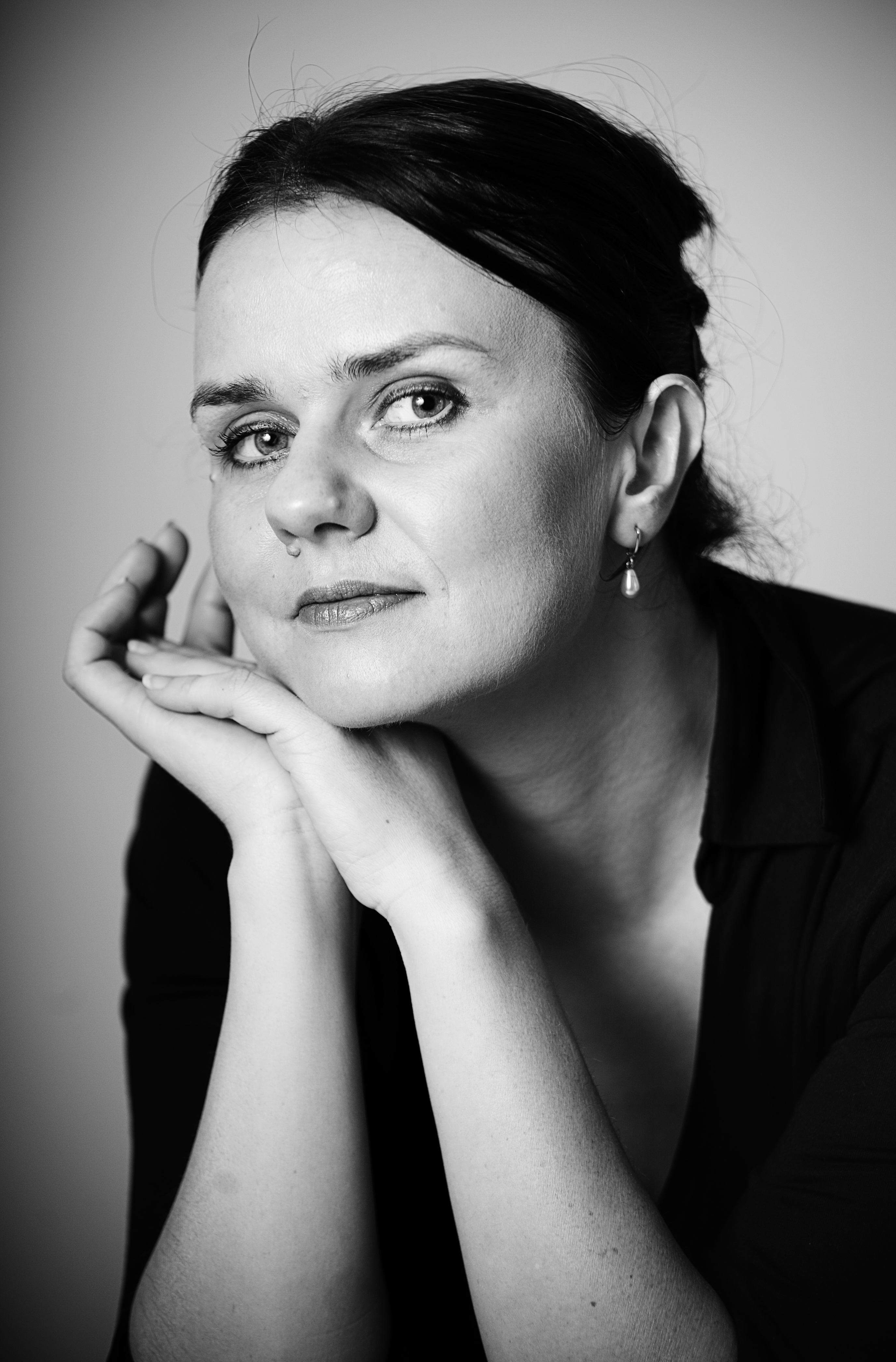
Julia Fiedorczuk was born in 1975. She is a Polish poet, fiction writer, literary translator and lecturer at Warsaw University. She is the author of six volumes of poetry and two novels as well as collections of short stories and critical writings. Together with Gerardo Beltrán she published a tri-lingual essay Ekopoetyka/Ecopoética/Ecopoetics (Warszawa, 2015), focusing on ecological themes in contemporary Polish, German, American and Mexi- can poetry. Her most recent poetry collection, Psalms, attempts to juxtapose the languages of contemporary world (science, mass media) with the poetics of the Biblical Psalms, per- forming a work of mourning for the human and non-human victims of recent wars. Her work has been translated into 20 languages, including English, Spanish, Swedish and Chinese. Julia herself defines her own vision of poetry in the following way: “To me, the ideal poetry is the one that creates dialogue between different fields of science (for example Biology); poetry that is hospitable and open to different meanings and emotions.“
PSALM XXXI
for R. K.
a chickadee had perched on the windowsill like a message generated by the mist, October
was turning into November in the birches oaks alders,
in the frost-resistant flowers, in the cemeteries
where our fathers wrote no memoirs,
where they would not recognize our children, our poems, ourselves. The television was showing Poland that had perished, and then had not perished, and then again had perished, and then not, and then the sun flung up a mesh of branches, all at once
the chickadee was absorbed by sky before I could say remember, remember me—
Translated from Polish by Bill Johnston

